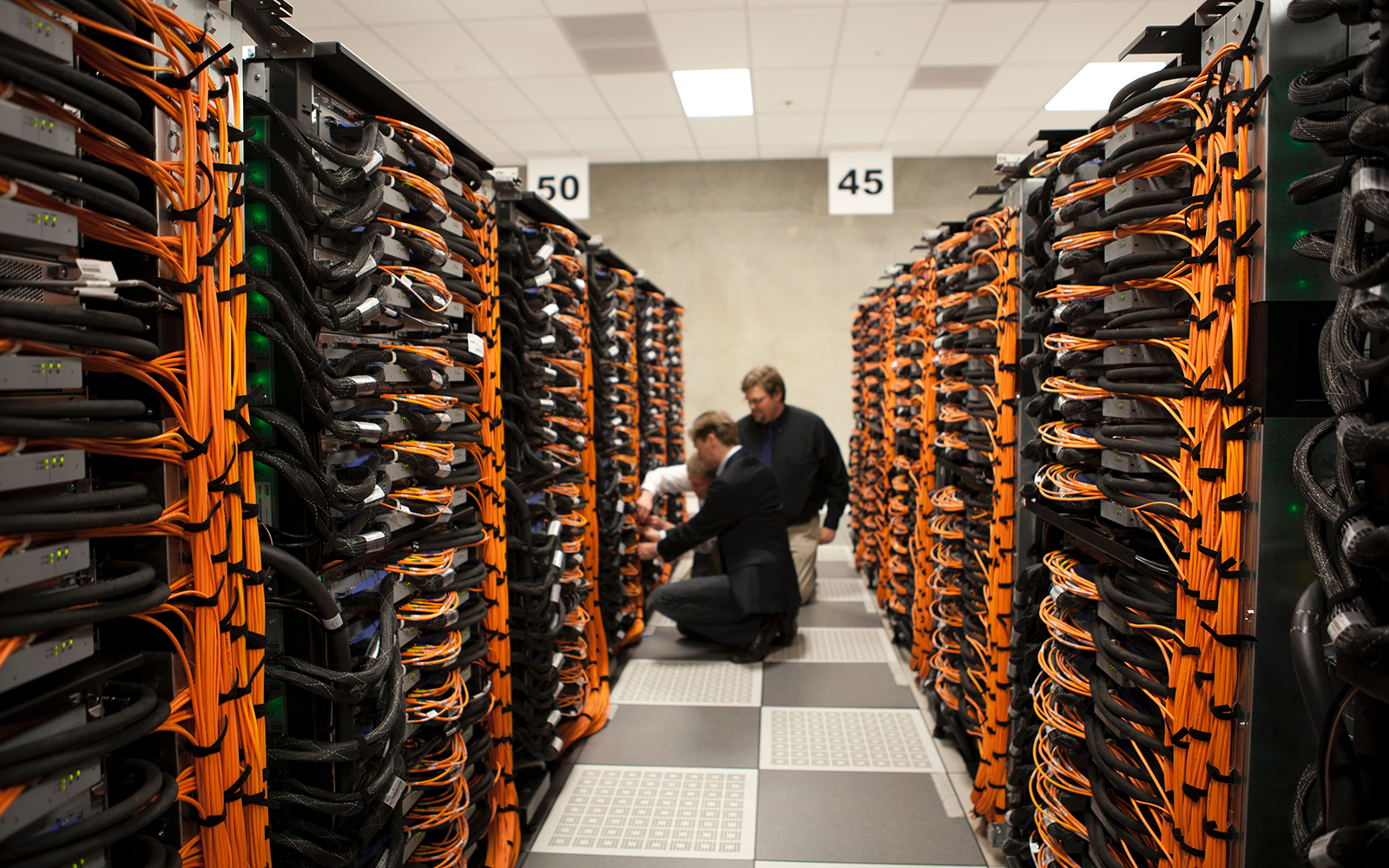Anything that you see on the internet is hosted on a server remotely. Whether it is a movie that you stream on an on-demand OTT platform or an image of a cute cat, it is all hosted on a server. If you need to start a website or a blog, you need a server to host it so that millions of users can come and read it.
Cloud servers and Traditional servers are the two types of servers used these days. Traditional servers are those that include Shared hosting, VPS, and Dedicated servers. In this article, we will explain to you these terms and the differences between them.

Shared Hosting
Shared hosting is the most affordable and economical hosting solution available. In shared hosting, you share a server with hundreds, if not more, websites. All the websites share a single server, disk space, bandwidth, memory, and other resources. Each website gets a fixed amount of disk space, but CPU, memory, and bandwidth are shared and used considerably. If one website hogs all the bandwidth, all other websites get affected.
The hosting company manages the server and security so, it a good option for beginners. It is suitable for small businesses and personal blogs where there isn’t much traffic.
Pros
- It is a cheap option for quickly setting up a website or a blog.
- A right choice for beginners, since the hosting company manages it.
- Variety of configurations available.
Cons
- There is no control over the server, and lots of tools are disabled or unavailable.
- Performance can be compromised because there are so many websites hosted.
- Scaling your blog or business is difficult because of limited server resources.
Virtual Private Server (VPS)
These are similar to shared hosting, but only a few websites are sharing the server with you. A dedicated server is segmented into multiple virtual environments. Your resources are dedicated to you, and no other users share them with you.
In Virtual Private Servers, You have total root access. You can install any software required for your website needs. They cost a little higher than Shared Hosting, but you don’t have to worry about high downtimes due to other VPS users.
Pros
- Affordable for medium scale websites and businesses.
- The Server provider will grant you root access, so there is full control over what software and tools you install.
- You have dedicated virtualized resources. You get your fixed bandwidth and resources.
Cons
- Expensive than shared hosting. You should know how many resources you need before buying.
- Security and management of the server are dependent on you unless you buy a managed VPS.
Dedicated Servers
Mostly used by huge websites with millions of visitors, a Dedicated server is a server where you are the only one using it. These are robust machines with powerful resources. You are the only user on that server, and you will solely use the server resources. You can install any Operating System and customize it to your needs. You can host multiple websites or use the server for some other project. Although these are expensive, you can get the fullest if you use these servers properly.
Pros
- Affordable for prominent websites and businesses.
- Powerful machines.
- The server resources are all for yourself.
- Full root access is provided.
- You get dedicated resources.
Cons
- Expensive than VPS.
- Security and management of the server are dependent on you unless you buy a managed Dedicated Server.
- You will need a high level of knowledge in managing servers.
Cloud servers
Cloud hosting is a VPS, but instead of hosting on a single server, it is hosted on multiple servers in different locations. A cloud server is a highly customizable and affordable option. These servers can handle high traffic spikes. Because these servers are connected in a network, If one server resources are unavailable, the load is transferred to another server, and there are millions of them interconnected.
A cloud server is the best option now. More and more companies are migrating to the cloud and saving vast amounts of money.
Pros
- It is scalable to an infinite scale.
- It is reliable. There’s no need to worry about losing your data or high traffic loads.
- It is flexible so you can customize and modify the configuration to your needs.
- It is cost-efficient. You pay for what you use.
Cons
- You will need a high level of knowledge in managing the cloud.
- It is said to be insecure, but that is questionable.
Conclusion
Correctly choosing a server to host your website is crucial, and it is dependent on many factors like traffic, resources, budget, technical knowledge, etc. If you have just started a small personal blog, choose a shared hosting provider. If you want to host an eCommerce site, choose a VPS or dedicated server. If you have knowledge and skills, go for Cloud servers.
Hopefully, this article has helped you understand the differences between the types of servers available and choose a host for your next big project.



